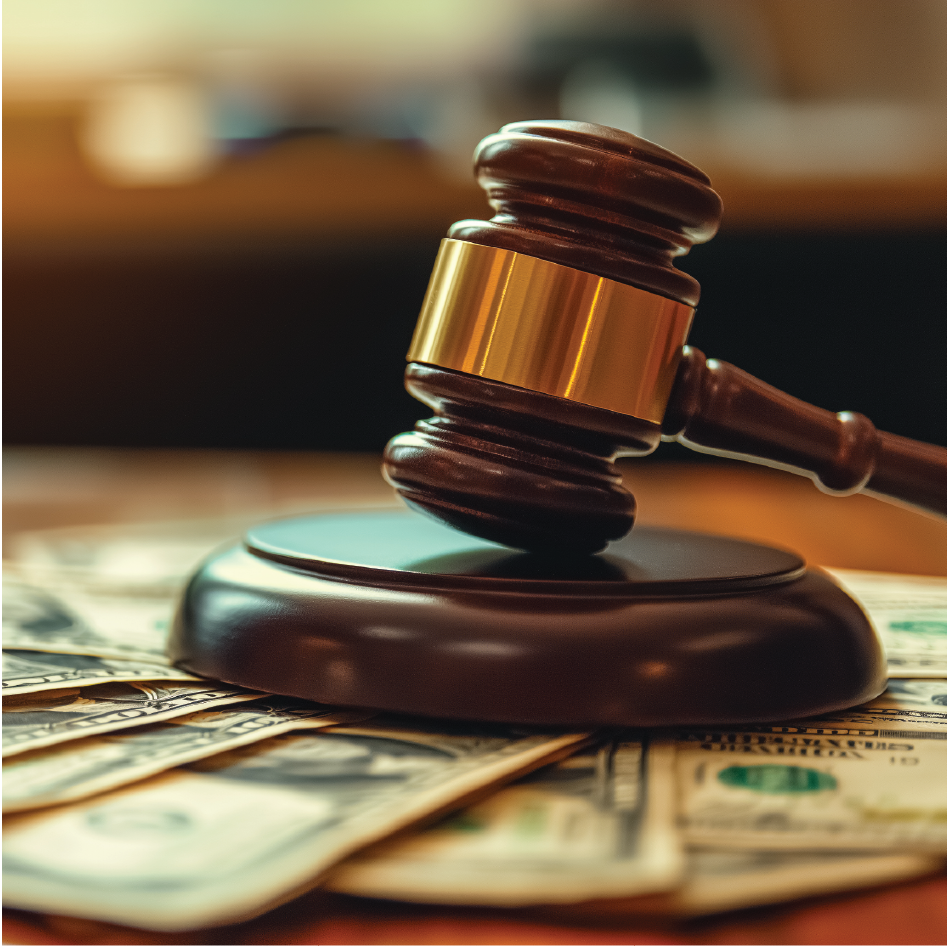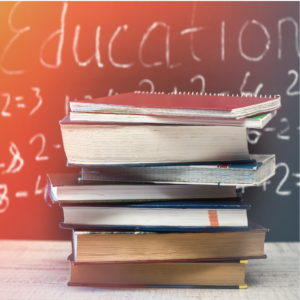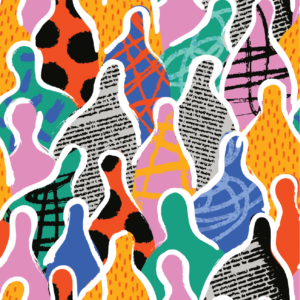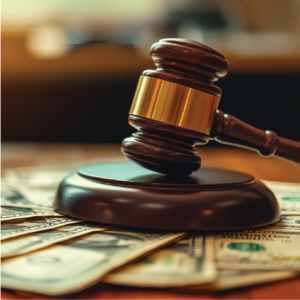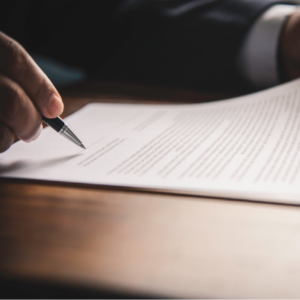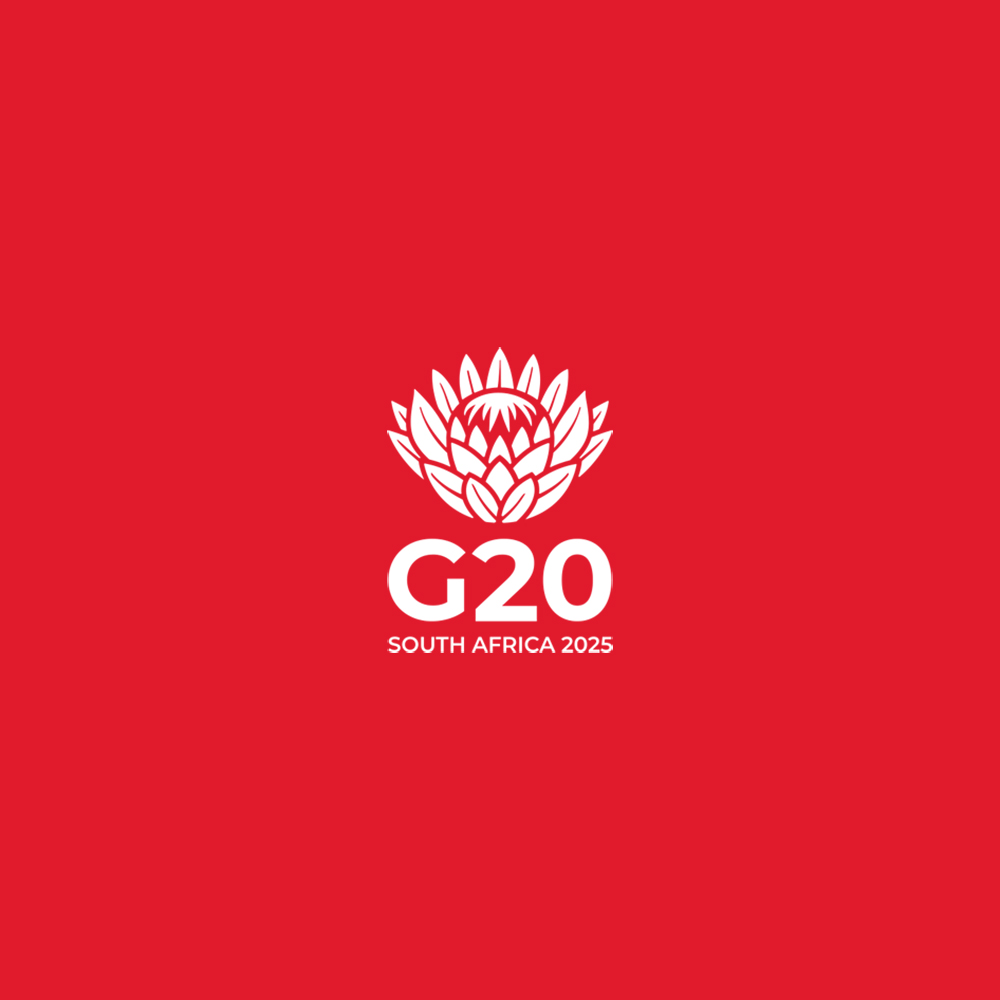Focus:
The G20 Anti-Corruption Working Group (ACWG) was established in 2010, providing a significant development in G20 cooperation as corruption severely impacts domestic resource mobilisation, limiting the financial means available for domestic development while greatly impeding economic growth.
The ACWG’s work is guided by the St. Petersburg Strategic Framework of 2013, which provides a foundation for the ACWG’s Action Plans. The G20 Anti-Corruption Action Plans are updated periodically with fixed timeframes identifying priorities for actions focused on practical and valuable contributions to international efforts to combat corruption, which demonstrates leadership and commitment by the G20 countries.
Priority 1:
Professionalisation of the public sector to enhance transparency, integrity, and good governance.
The professionalisation of the public sector involves institutionalising a merit-based public sector system where individuals are fully equipped to perform their functions conscientiously with a strong sense of public service and ethical disposition towards the social and economic security of their respective countries. This can be achieved by creating initiatives, programmes and courses in collaboration with academic institutions that aim at enhancing the integrity and accountability of public officials to ensure corruption-free societies.
Possible Deliverables:
- A good practices compendium on the professionalisation of the public sector and guiding principles.
- A Ministerial Declaration.
Priority 2:
Enhance and mobilise the inclusive participation of the public sector, private sector and civil society in fighting corruption.
Private sector and civil society organisations are not immune to corruption, as they are affected in the same way as the public sector. Collective efforts by the private sector, public sector and civil society organisations are crucial to address corruption and promote sustainable economic growth worldwide.
In its resolution 10/1, titled Atlanta 2023: Promoting Integrity, Accountability and Transparency in the Fight against Corruption, the Conference of the States Parties to the United Nations Convention against Corruption (UNCAC) were further urged to “put in place and effectively implement policies and practices, within their means and in accordance with the fundamental principles of their domestic laws, that allow individuals and groups outside the public sector, such as civil society, non-governmental and community-based organisations, the private sector, academia and media, to be able to contribute in this regard, also thereby promoting accountability.
Possible Deliverables:
- High-level principles on the participation of society in the prevention of and fight against corruption.
Priority 3:
Accelerate the removal of barriers to applying measures for the recovery of assets and strengthen legal and institutional anti-corruption frameworks in asset recovery measures.
Asset recovery continues to be a challenge for most countries, as it often involves navigating complex legal systems and multiple jurisdictions, with countries having different laws and procedures for the tracing, freezing, confiscating, recovery and return of the proceeds of crime. As encapsulated in the declaration by the United Nations’ Special Session of the General Assembly (UNGASS) on challenges and measures to prevent and combat corruption and strengthen international cooperation, States Parties are encouraged to “remove barriers to applying measures for the recovery of assets, in particular by simplifying their legal procedures, where appropriate and in accordance with their domestic law.”
Limited resources and capacity, including a shortage of skilled personnel, advanced technological tools and financial resources hinder the ability of countries to effectively pursue asset recovery. In addressing these challenges, there is a need to build and strengthen institutional capacity and technical assistance to enhance the identification, tracing, freezing, seizure, confiscation, and return of the confiscated proceeds of crime with a view to giving effect to requests for asset recovery.
G20 countries represent some of the world’s largest economies and collectively possess extensive knowledge and expertise in the recovery of assets. Strengthening efforts to share this valuable knowledge and skills with developing countries could significantly benefit those seeking assistance. In 2017, the G20 ACWG approved Brazil’s proposal to develop a mapping of the G20 landscape on international assistance provision. To this end, the G20 ACWG countries were asked to provide information on their potential and ongoing international assistance activities through a standard questionnaire consisting of five open-ended questions. The South African presidency seeks to build on this initiative by establishing a follow-up report on technical assistance provisions, including tangible proposals for future capacity building.
Possible Deliverables:
- Follow-up report on technical assistance support by G20 ACWG countries.
Priority 4:
Enhance whistle-blower protection mechanism.
To promote and encourage active citizenry, public and private sector whistleblowing protection is an integral part of the fight against anti-corruption efforts. Article 32 of the UNCAC underscores that each State Party to the Convention shall take appropriate measures in accordance with its domestic legal system and within its means to provide effective protection from potential retaliation or intimidation for witnesses and experts who give testimony concerning offences established in accordance with the Convention. In addition, Article 33 provides for the protection of the reporting persons (whistleblower), highlighting that each State Party shall consider incorporating appropriate measures into its domestic legal system to provide protection against any unjustified treatment for any person who reports in good faith and on reasonable grounds to the competent authorities any facts concerning offences established in accordance with the Convention.
As a follow up to the OECD Study on Whistleblower Protection Frameworks, Compendium of Best Practices and Guiding Principles for Legislation (2011) and the G20 High-Level Principles for the Effective Protection of Whistleblowers (2019), the G20 ACWG, under South Africa’s Presidency, will explore legislative reforms and other measures that G20 members have implemented to protect whistleblowers, including protection of their identities, thereby ensuring that citizens report instances of corruption without fear of consequent reprisals.
Possible Deliverables:
- Follow-up to the OECD study on framework and good practices compendium for whistleblower protection mechanisms.
- Side Event with the theme Effective Whistleblowers Protection Mechanism: A Critical Tool in the Fight Against Corruption with a specific focus on legislative reforms needed, enhanced capacity building and awareness raising on whistleblower protection.


